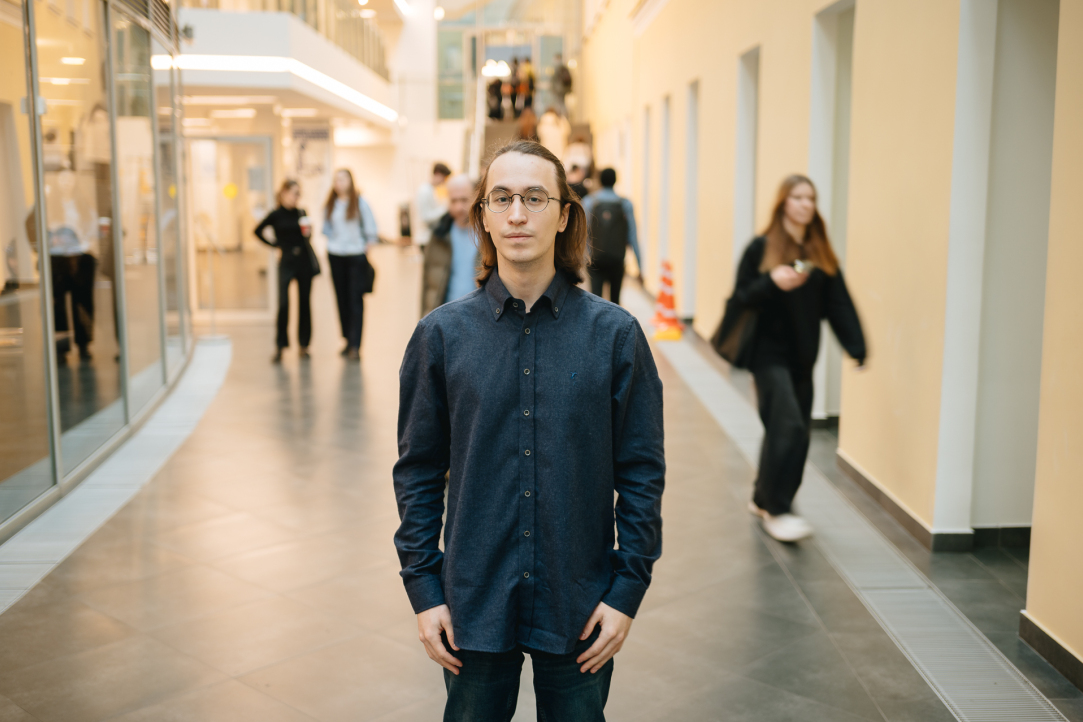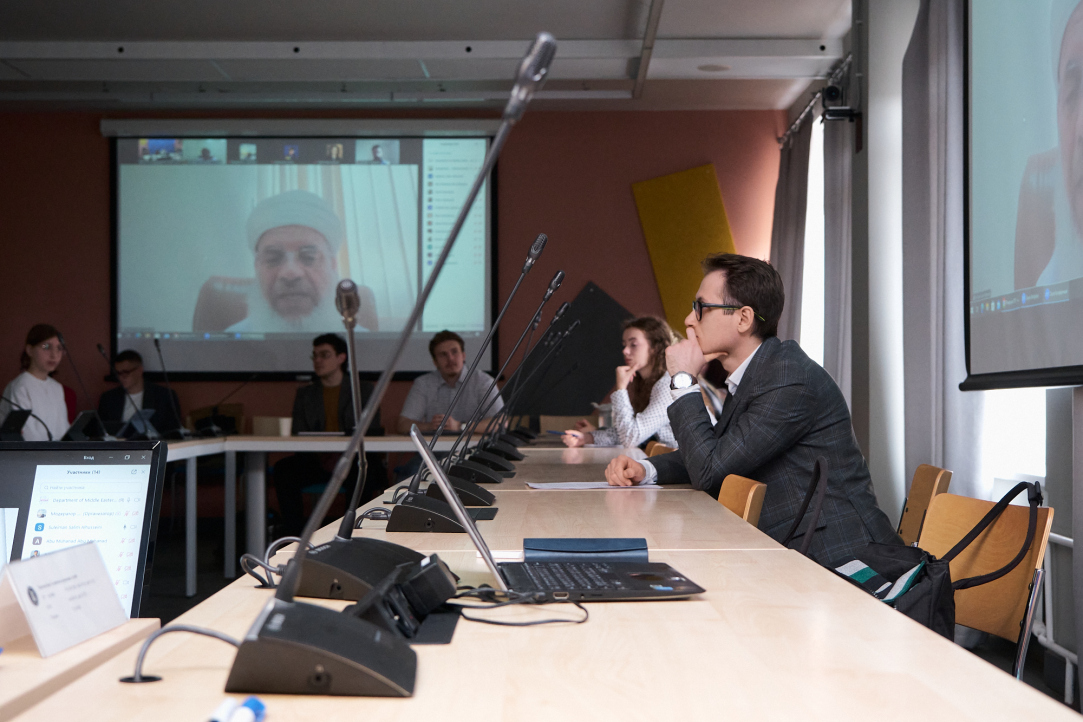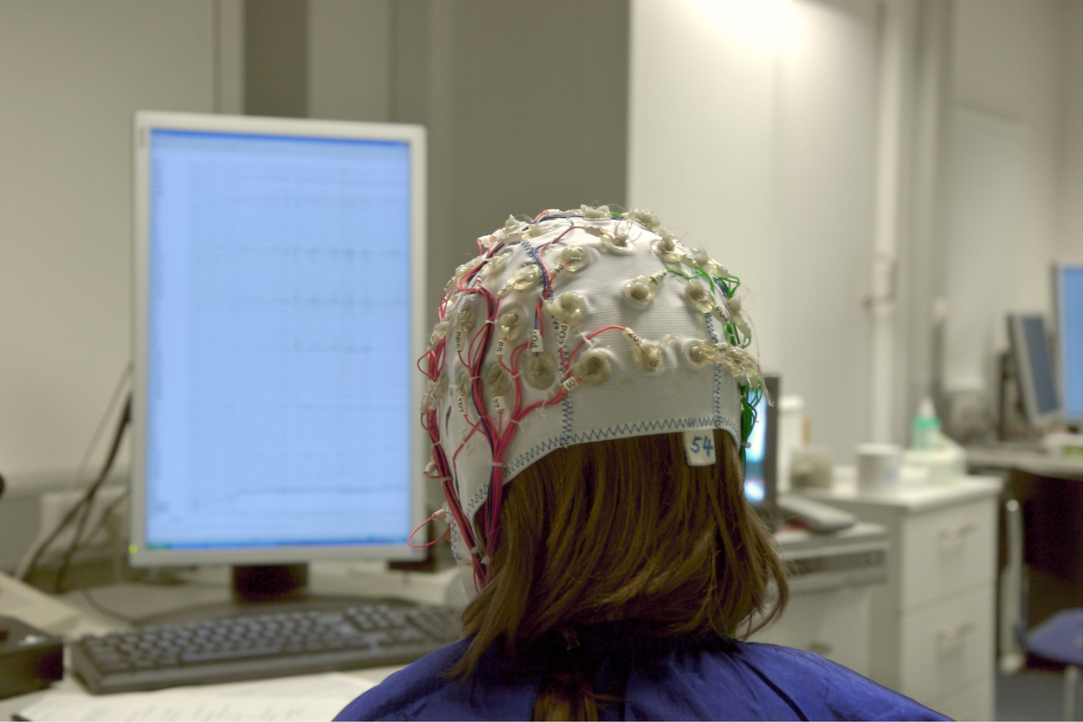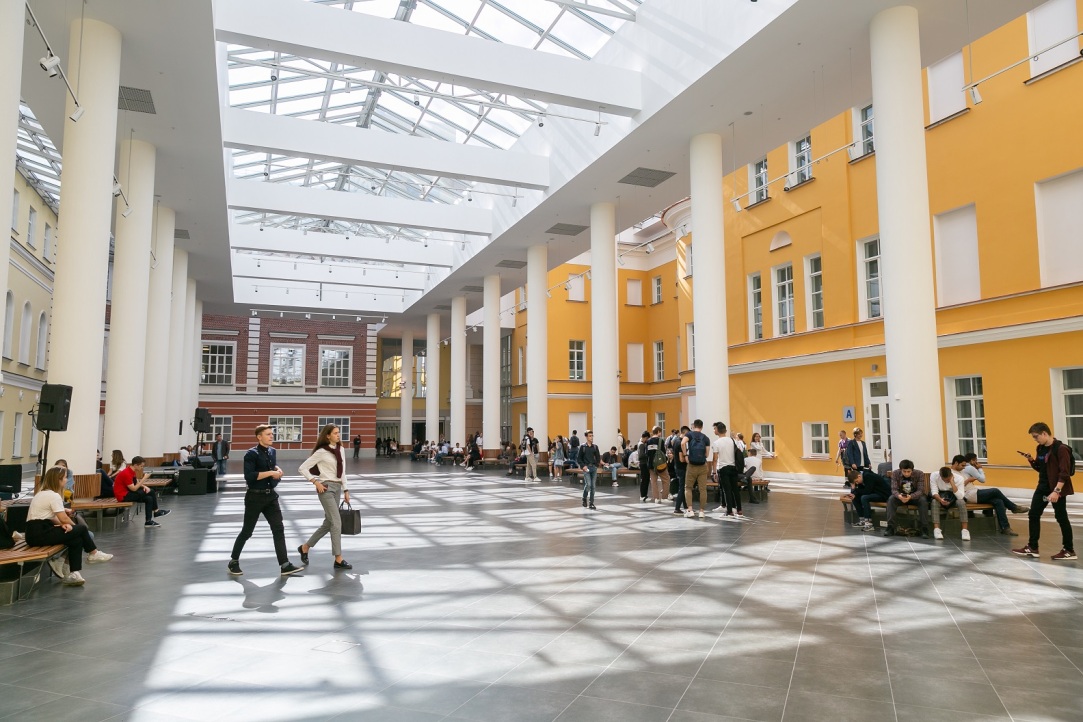
How the Brain Responds to Prices: Scientists Discover Neural Marker for Price Perception
Russian scientists have discovered how the brain makes purchasing decisions. Using electroencephalography (EEG) and magnetoencephalography (MEG), researchers found that the brain responds almost instantly when a product's price deviates from expectations. This response engages brain regions involved in evaluating rewards and learning from past decisions. Thus, perceiving a product's value is not merely a conscious choice but also a function of automatic cognitive mechanisms. The results have been published in Frontiers in Human Neuroscience.

'Science Is Fluid and Evolving Quickly. You Have to Stay on Top of It'
Vladimir Dimidov specialises in positive psychology and investigates the issue of time perspective. In this interview with the HSE Young Scientists project, he discusses the importance of thinking about the future, strategies for preventing burnout, and the best places to visit on Lake Baikal.
‘In the Next 20 Years, We Will Stop Aging’
The 25th Yasin (April) International Academic Conference on Economic and Social Development brought together leading Russian and Western scientists. Among the guests was Jose Luis Cordeiro, PhD, international fellow of the World Academy of Art and Science, Chair of the Millennium Project's Venezuela node, former professor at MIPT and HSE University, and author of The Death of Death.

Experts in Asian and African Studies from HSE University–St Petersburg Hold International Russian–Omani Seminar
HSE University–St Petersburg has held the first 'Studies of Oman in Russia: New Directions for Scientific Research' international research seminar. The event gathered researchers from Russia, Oman, and Europe and served as a platform for an open academic dialogue.

AI Predicts Behaviour of Quantum Systems
Scientists from HSE University, in collaboration with researchers from the University of Southern California, have developed an algorithm that rapidly and accurately predicts the behaviour of quantum systems, from quantum computers to solar panels. This methodology enabled the simulation of processes in the MoS₂ semiconductor and revealed that the movement of charged particles is influenced not only by the number of defects but also by their location. These defects can either slow down or accelerate charge transport, leading to effects that were previously difficult to account for with standard methods. The study has been published in Proceedings of the National Academy of Sciences (PNAS).

Electrical Brain Stimulation Helps Memorise New Words
A team of researchers at HSE University, in collaboration with scientists from Russian and foreign universities, has investigated the impact of electrical brain stimulation on learning new words. The experiment shows that direct current stimulation of language centres—Broca's and Wernicke's areas—can improve and speed up the memorisation of new words. The findings have been published in Neurobiology of Learning and Memory.

Integration Processes in International Trade Discussed during Conference at HSE University
Under decoupling conditions, Russia has become the ‘centre of gravity’ for the Eurasian integration process and has the potential to play a unifying role in the emerging multipolar world. These were the main points discussed by participants and guests at the International Scientific and Practical Conference ‘Dimensions of Eurasian Integration: Transport and Logistics, Energy, and Food Security’ held by the HSE University Institute for Public Administration and Governance (IPAG).

Results of Second International Academic Cooperation Competition Announced
The International Academic Cooperation (IAC) competition aims to promote international academic partnerships, broaden research agendas, and foster interdisciplinary approaches. It also encourages students, including doctoral students at HSE University, to participate in joint basic research projects.

‘Services Must Be Flexible’: How Governments Can Use Artificial Intelligence
The HSE International Laboratory for Digital Transformation in Public Administration held a roundtable titled ‘Artificial Intelligence in Public Administration: Current Trends.’ Scholars from Israel, China, and Russia discussed which public services AI can enhance and what key factors must be considered when adopting new technologies.

Artificial Intelligence Improves Risk Prediction of Complex Diseases
Neural network models developed at the HSE AI Research Centre have significantly improved the prediction of risks for obesity, type 1 diabetes, psoriasis, and other complex diseases. A joint study with Genotek Ltd showed that deep learning algorithms outperform traditional methods, particularly in cases involving complex gene interactions (epistasis). The findings have been published in Frontiers in Medicine.

